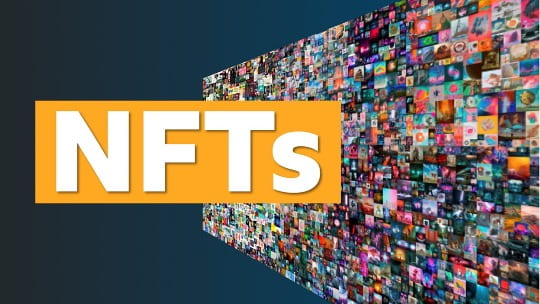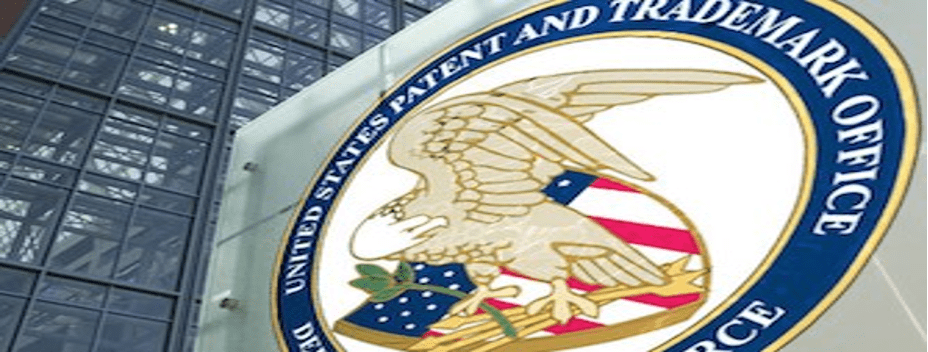Alexa: The Big Sister We Never Knew We Had
This blog discusses the privacy implications of Amazon’s Alexa, specifically through the cases, Braunack v. Amazon.com Inc. and Narreau v. Amazon.com Inc. The plaintiffs in these cases allege that not only does Amazon secretly record conversations under the guise of “false wake” recordings, but also stores those recordings to enable targeted advertising. This blog examines these cases as well as the legal privacy implications of this technology.… Read More Alexa: The Big Sister We Never Knew We Had



















